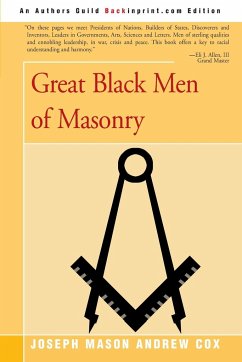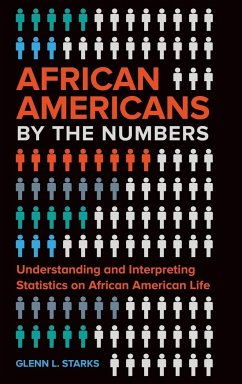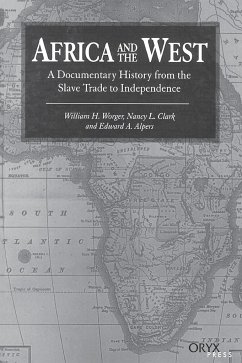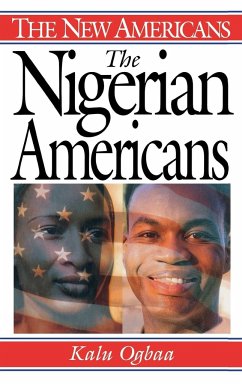
The Great Society and the War on Poverty
An Economic Legacy in Essays and Documents
Versandkostenfrei!
Versandfertig in 1-2 Wochen
98,99 €
inkl. MwSt.

PAYBACK Punkte
49 °P sammeln!
An ideal resource for students as well as general readers, this book comprehensively examines the Great Society era and identifies the effects of its legacy to the present day. With the assassination of President John F. Kennedy, Lyndon B. Johnson inherited from the Kennedy administration many of the pieces of what became the War on Poverty. In stark contrast to today, Johnson was aided by a U.S. Congress that was among the most productive in the history of the United States. Despite the accomplishments of the Great Society programs, they failed to accomplish their ultimate goal of eradicating...
An ideal resource for students as well as general readers, this book comprehensively examines the Great Society era and identifies the effects of its legacy to the present day. With the assassination of President John F. Kennedy, Lyndon B. Johnson inherited from the Kennedy administration many of the pieces of what became the War on Poverty. In stark contrast to today, Johnson was aided by a U.S. Congress that was among the most productive in the history of the United States. Despite the accomplishments of the Great Society programs, they failed to accomplish their ultimate goal of eradicating poverty. Consequently, some 50 years after the Great Society and the War on Poverty, many of the issues that Johnson's administration and Congress dealt with then are in front of legislators today, such as an increase in the minimum wage and the growing divide between the wealthy and the poor. This reference book provides a historical perspective on the issues of today by looking to the Great Society period; identifies how the War on Poverty continues to impact the United States, both positively and negatively; and examines how the Nixon and Reagan administrations served to dismantle Johnson's achievements. This single-volume work also presents primary documents that enable readers to examine key historical sources directly. Included among these documents are The Council of Economic Advisers Economic Report of 1964; the Civil Rights Act of 1964; John F. Kennedy's Remarks Upon Signing the Economic Opportunity Act; The Negro Family: The Case for National Action (a.k.a. the Moynihan Report); and the Report of the National Advisory Commission on Civil Disorders (a.k.a. the Kerner Report).












